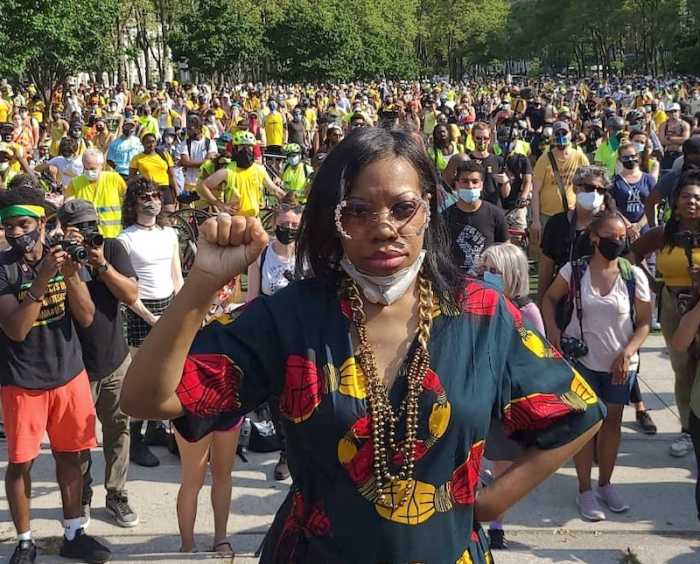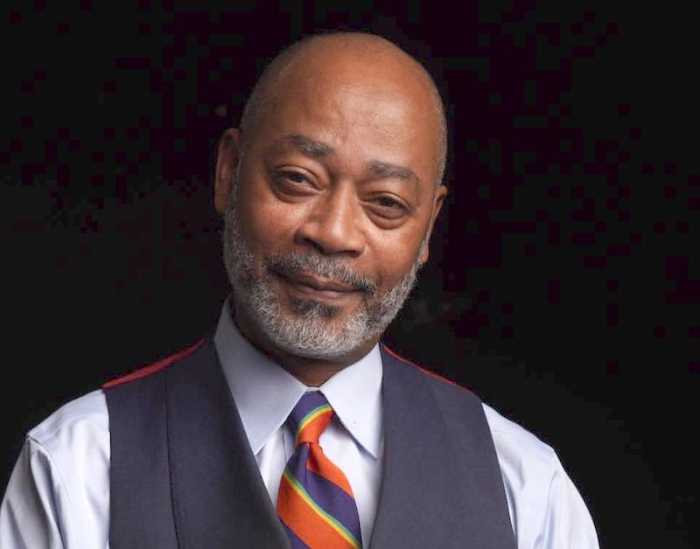With the City Council primary elections only a few short months away, Kings County Politics will be digging deeper into each district’s most pressing issues.
In District 35, which contains Fort Greene, Clinton Hill, Prospect Heights, Northern Crown Heights, and a few blocks of Western Bed-Stuy, one topic of concern is the legality and ethicality of the shared economy housing industry with such services as Airbnb.
The district, which term-limited City Councilwoman Laurie Cumbo currently represents, has a number of high rise developments along the Fulton Street and Myrtle Avenue corridors, but much of its interior is lined with brownstones and townhouses, some built as far back as the early 19th century. In 1984, the National Register of Historic Places added Clinton Hill to its roster, making its freestanding mansions, row houses, and apartment buildings protected under the law and ensuring that the neighborhood’s charm isn’t overshadowed by new high-rise homes.
But while the buildings themselves are upheld as national treasures, the buildings’ owners often feel neglected, thrust by mortgage and rising taxes into evermore precarious financial situations.
it’s currently illegal for guests to stay in homes for less than 30 days where a host is not present. This rule is meant to keep apartments and brownstones from turning into quasi-hotels and directly harming the hotel and hospitality industry.
In recent years, Airbnb, in conjunction with the city, has attempted to curb the operation of illegal short-term rentals. Yet they continue to be advertised online, even in the face of the pandemic and its travel-related restrictions.
“We fight constantly to save our homes,” said City Council Candidate Renee Collymore, who’s lived in her family’s brownstone for 50 years. “Because if you don’t pay the exuberant water bills and property taxes, they can put a lien on your home.”
For Collymore, allowing homeowners to rent out their spaces through sites like Airbnb is a way to further the fight for affordable housing. “We’ve always had tenants who have been here for nine or 10 years. This is a way to get people off the streets, to help with both the homeless crisis and the affordable housing crisis.”
City Council Candidate Curtis M. Harris said the shared economy housing industry needs to stop those who are abusing the system and using this in place of legitimate and legal hotels. Still, he recognizes the necessity of sites like Airbnb, especially in our current climate.
“There are many people struggling to pay their mortgages as a direct result of rent cancellations due to COVID-19, and many people who need a roof over their heads,” said Harris. “The pandemic has illuminated this very clearly, many people are now housing insecure, food, and healthcare insecure as well. I would like to see a more balanced approach to serving the needs of all people and businesses concerned. Balance is the key to life.”
Candidate Deirdre Levy also stated that Airbnb should be allowed to continue operating, “As long as they are doing so legally and not taking advantage of the system.”
Candidate Crystal Hudson is somewhat skeptical of Airbnb and the intentions of certain hosts, attributing gentrification and displacement, in part, to the fact that entire buildings are taken off the market for use by Airbnb.
But she agrees that the shared economy housing sites are an integral part of the city’s economy. “I personally know many Brooklyn homeowners who have paid their bills and sent their kids to college by renting rooms. I’m committed to holding Airbnb and similar platforms accountable and fighting to ensure housing is a human right by investing in new affordable housing, protecting tenants, and establishing a Homes Guarantee at the local level.”










